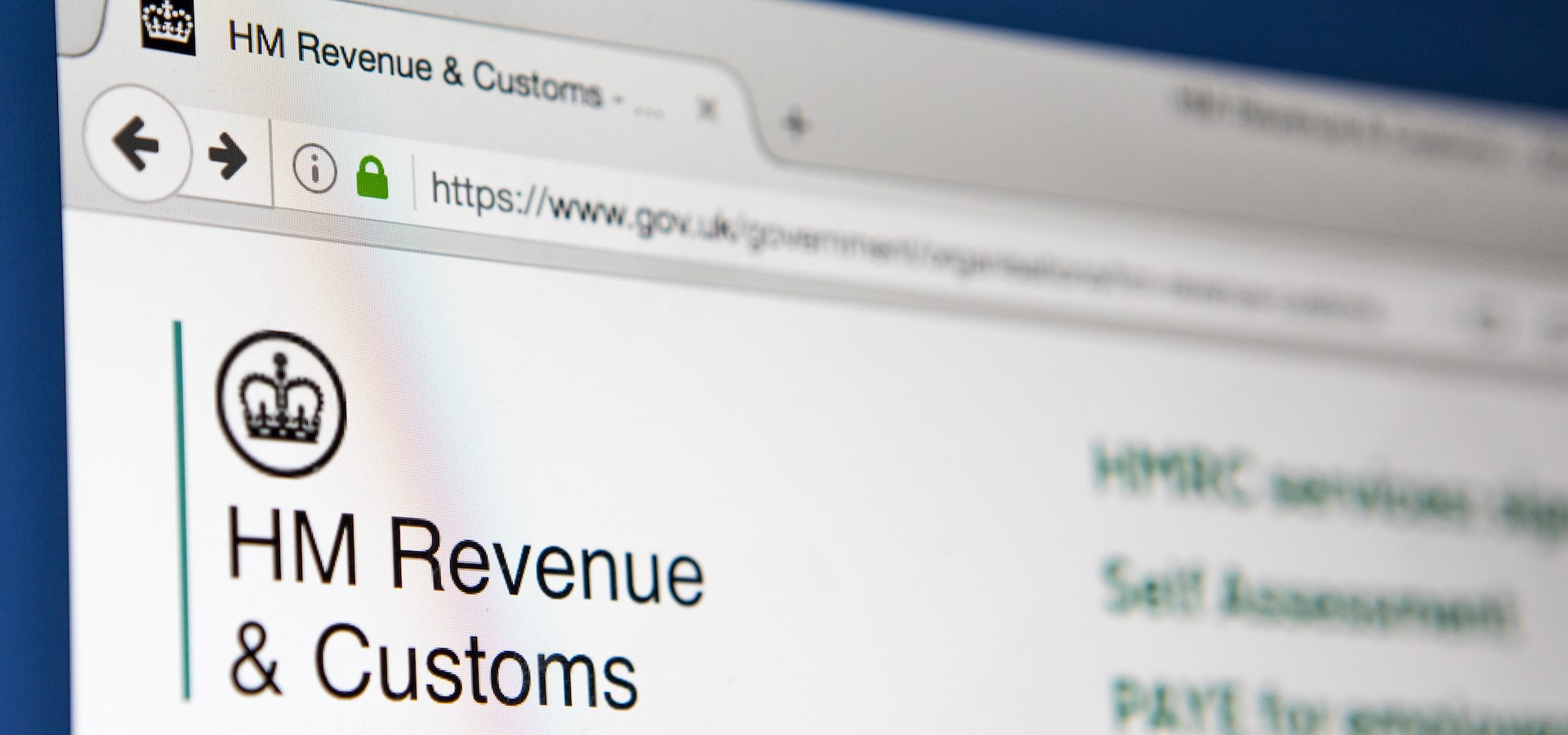Company director taxation for contractors
Do contractors pay less tax? Contractors using a limited company (sometimes called a personal service company) enjoy significant personal tax benefits over contractors using umbrella companies. There are more paperwork and regulatory requirements for a contractor limited company director to follow however, if they use a specialist contractor accountant and bookkeeping software, the extra administration required can be very light. How much tax do contractors pay?
In this article, we look at:
- Self-assessment requirements
- Tax bands for contractors and income tax bands across the four countries of the UK
- A contractors employee National Insurance contributions
- Dividend tax for contractors
Self-Assessment requirements
All directors and shareholders of contractor limited companies must register for self-assessment with HMRC. A self-assessment is a method of declaring your personal level of income to HMRC and the sources from which that income is derived.
The personal tax year runs from 6thApril to the 5thApril. Self-assessment returns are due by January 31stin the following year. There is a schedule of penalties and fines for late submission and payment as shown below:
| Date | Deadline | Fines & penalties |
| 5th April-31 January | Due on or by 31 January | N/A |
| 1 February-31 April | First three months' lateness | £100 |
| 1 May-30 July | Second three months' lateness | £10 a day fine (up to £900 fine if still not filed by 30 April) |
| 1 August-31 October | Third three months' lateness | 5% of tax due or £300, whichever is greater |
| 1 November-31 January | Fourth three months' lateness | 5% of tax due or £300, whichever is greater |
Tax bands for contractors and income tax levels
The level of tax paid personally by a contractor depends on the total income derived over the course of a tax year. Each taxpayer has a personal allowance of £11,850 (£12,500 from 6thApril 2019) which is not subject to income tax.
According to HMRC, the following counts as income:
- Salary (paid via the PAYE system)
- Dividends (first £2,000 of dividends does not attract tax)
- Commissions
- Profits from self-employment (non-incorporated)
- Redundancy payments over £30,000
- Retainers
- Statutory sick pay, adoption pay, maternity pay, and paternity pay
- Tips
- Non-cash vouchers
- Backdated pay awards
- A former employer’s occupational pension
- Savings interest
- Income from rental properties
- Qualifying partial withdrawals from a single premium investment bond
Once all of those sources of income are added up during a year, a contractor director will fall into one of the tax bands below.
In England, Scotland, and Wales, the bands are:
| Income bands (Eng/Wal/NI) | Rest of UK bands | Applicable income tax rate |
| Personal allowance | Up to £11,850 | 0% |
| Basic rate | £11,851 to £46,350 | 20% |
| Higher rate | £46,351 to £150,000 | 40% |
| Additional rate | Over £150,000 | 45% |
The higher rate bands moves from £46,351 to £50,001 from 6thApril 2019.
Scotland has its own taxations bands as follows…
| Income bands (Scot) | Rest of UK bands | Applicable income tax rate |
| Personal allowance | Up to £11,850 | 0% |
| Starter rate | £11,851 to £13,850 | 19% |
| Basic rate | £13,851 to £24,000 | 20% |
| Intermediate rate | £24,001 to £43,430 | 21% |
| Higher rate | £43,431 to £150,000 | 40% |
| Additional rate | Over £150,000 | 45% |
Contractor income tax
Income tax is paid on monies earned during the course of a financial year and is applied to both the salary you take from your limited company and any other funds you take out of the business (with the exception of those in the list below). In addition to salary paid via the PAYE system, a contractor will pay income tax at the applicable rate above on any income which is not:
Contractors & Employee National Insurance Contributions
A contractor limited company’s director will start paying Employee’s National Insurance on the salary portion of their remuneration package once their PAYE income has met or exceeded £8,424 per year. From this point, 12% will be payable up to £892 a week worth of salaried income and 2% after that point.
Contactor dividends
Dividends are profits (after corporation tax) that are paid to the shareholders of a contractor limited company. The first £2,000 a year worth of dividends are not taxed. Beyond this point, the following rates of tax are payable within the following income bands:
| Current dividend tax | Tax on dividends |
| Basic rate | 7.5% |
| Higher rate | 32.5% |
| Additional rate | 38.1% |
Would you like more information on Company director taxation for contractors?
Explore More Resources
Directors of contractor limited companies must be aware of their responsibilities to HMRC and Companies House. In this guide, we cover everything from what is IR35, a Director's role and also Contractor VAT.
There is a wide variety of ways in which a contractor limited company can market itself including a well-written CV, using a recruitment agency, online job boards, LinkedIn, networking, websites, and email marketing. Marketing gets a contractor in to see an interviewer who will eventually award the job. We look at the mindset of an interviewer, phone interviews, what’s expected at face-to-face interviews, and the increasing frequency of Skype interviews.
A contractor limited company pays its own taxes including corporation tax, Employer National Insurance, IS and VAT. There are schemes available from HMRC which allow contractors extra time to pay what they owe when money is tight. In this post we look at the tax burden faced by contractor limited companies.

xCookie Use
UmbrellaSupermarket.co.uk uses cookies to make our site better for you. By clicking on or navigating this site, you accept our use of cookies in accordance with our cookie policy.









